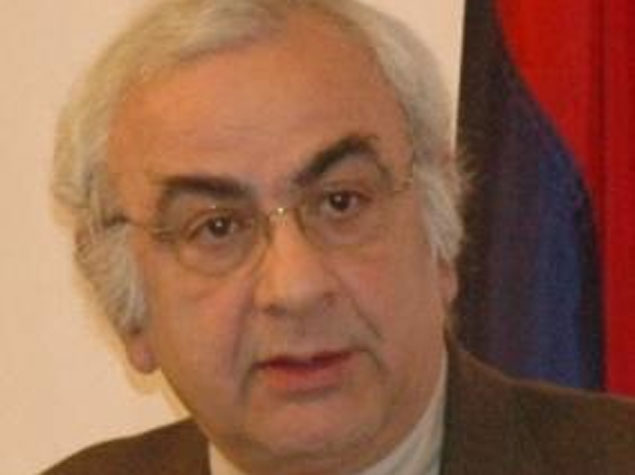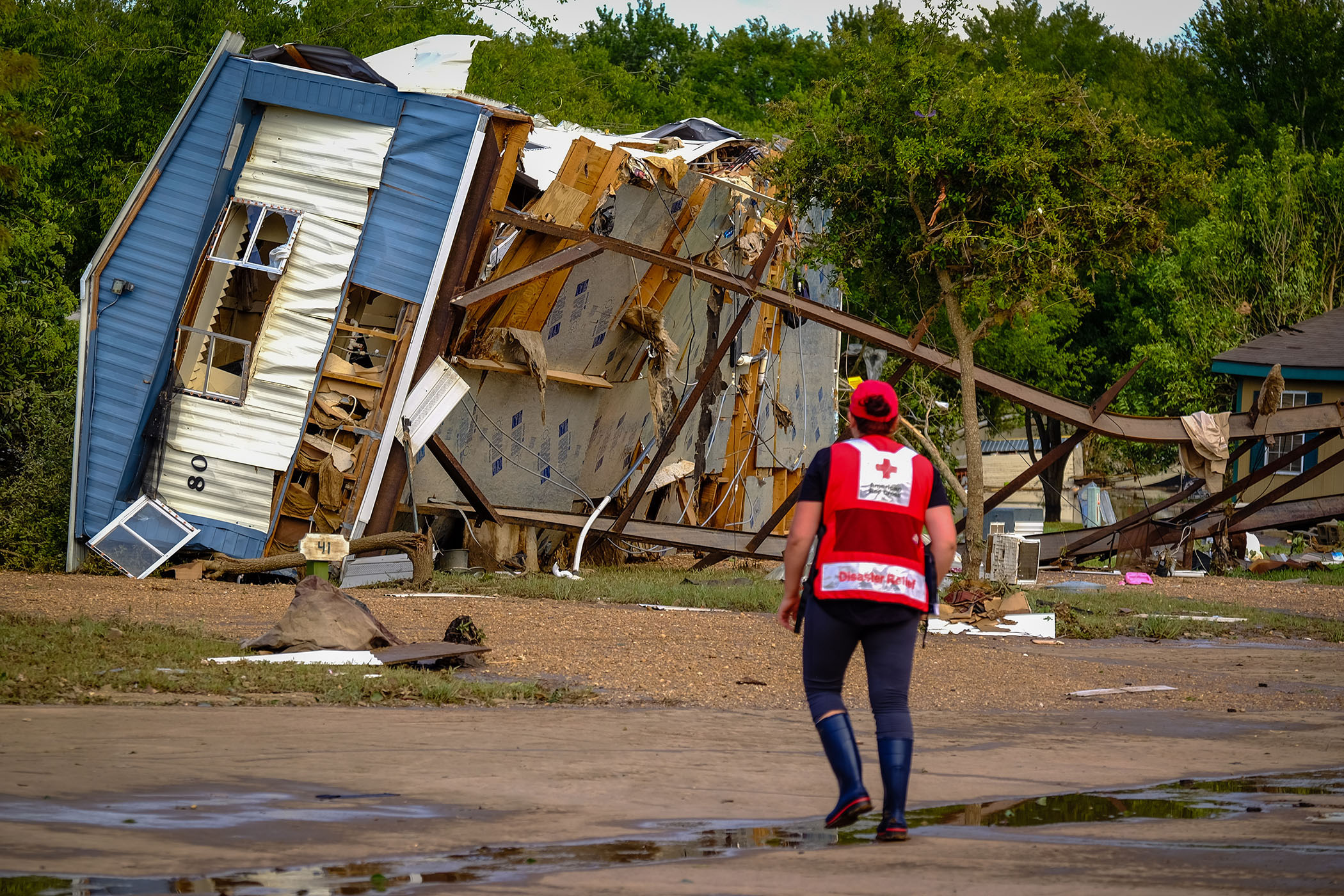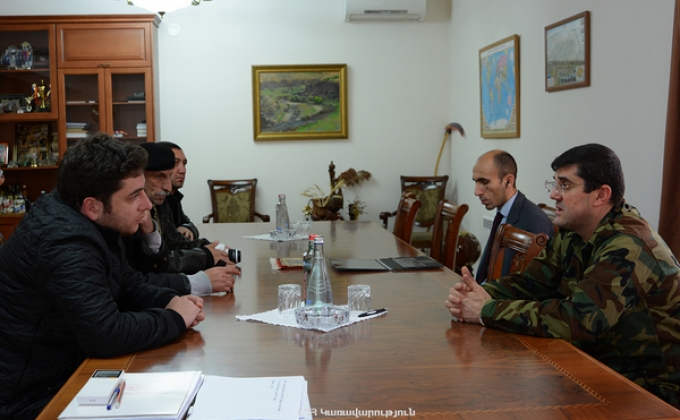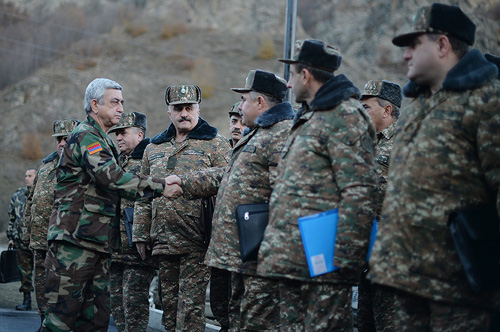BY JIRAIR LIBARIDIAN
Mirror-Spectator
On January 19, 2023, the author gave an interview to the Azerbaijani language service of the RFE/RL, the focus of which was the argument presented in the article below, not yet published at the time. The understanding was that the 18- 20-minute interview would be released without any editing that would change the sense of the interview. That service used a two-minute segment from that interview as part of its news program and ignored the more substantive segment of the Nakhichevan corridor. After the posting of this article on the Mirror-Spectator website, the RFE/RL Azerbaijani service posted the full transcript of the interview on its website (https://www.azadliq.org/a/jirayr-libaridyan/32237504.html).
One of the thorny issues between Armenia and Azerbaijan, if not the thorniest, is a demand by Azerbaijan for what it refers to as a “corridor” that would connect its southwestern provinces to its Autonomous Republic of Nakhichevan, an exclave separated by Armenian territory. That corridor would run through the southern Meghri district of Armenia.
The specifications regarding the corridor have changed; and it appears that Baku may be demanding full or quasi-full control over the portion of land that would constitute that passageway, at the expense of Armenia’s sovereignty.
Paragraph 9 of the tripartite November 9, 2020, Ceasefire Statement that ended the 44-day war, signed by Armenia, Azerbaijan and Russia, stipulates the following: “The Republic of Armenia shall guarantee the security of transport connections between the western regions of the Republic of Azerbaijan and the Nakhichevan Autonomous Republic in order to arrange unobstructed movement of persons, vehicles and cargo in both directions. The Border Guard Service of the Russian Federal Security Service shall be responsible for overseeing the transport connections.”
The wording of the “unobstructed movement” clause makes clear two basic characteristics regarding these transport connections:
1- The guarantor of the security for the connections is the Republic of Armenia; and that is so because the lands that will offer the connections are in Armenia, under Armenian sovereignty. Yet Russia will have some kind of oversight responsibility for these connections; and,
2- There will be some kind of a regime on these connections that will facilitate the transport.
3-The clause refers to more than one connection, although the disagreements are often presented as applying to one such connection or corridor.
The first observation in this respect is that the use of the term “corridor” for such transport connections is not appropriate; it is also harmful. Had the signatories of the Ceasefire Statement intended the connections to be “corridors,” they would have used that term in the Statement, which they have readily done to characterize the Armenia-Karabakh connection. Transport connections, as is used in the Statement, or transport routes are less ominous terms and facilitate discussion or negotiations on the subject.
Nonetheless, by using the term “corridor” the Nakhichevan connection(s), Baku, and often Ankara, are presuming and are aiming at creating an equivalence between the predicament of Nagorno Karabakh and that of Nakhichevan.
This is a false equivalence. Karabakh and Nakhichevan have different needs, exist in very different realities; and they do not face the same threats and dangers.
1- Nakhichevan does not have a history of being blockaded by Armenia as Nagorno Karabakh has been by Azerbaijan more than once. Karabakh was blockaded even before the start of the first war in 1991. At least during the first phases of the first war, when Armenia was trying to convince Baku to end its military aggression against Karabakh and it was still possible to do so, Armenia offered to keep its roads open between Western Azerbaijan and Nakhichevan. It was Baku that refused to take that offer.
2- Armenia has never threatened to bomb or actually bombed the population or structures of Nakhichevan at any time, as opposed to Azerbaijan’s treatment of Nagorno Karabakh, when it used its air force and artillery to shell villages and towns in Karabakh. There were border skirmishes early in the conflict but the Nakhichevan border was quiet throughout the two wars.
3- Nakhichevan cannot be blockaded by Armenia as Karabakh was and as currently is by Azerbaijan. Nakhichevan has borders with Turkey and Iran which gives it access to two neighbors of Azerbaijan and offer options to avoid humanitarian crises, should there be any action by Armenia. These borders have been used for decades. In fact, both borders are extremely active, and last year Baku signed an agreement with Iran to develop existing routes that bypass Armenia. Karabakh is an enclave, surrounded by Azerbaijani lands; Karabakh has no such option but the Lachin corridor.
4- Finally, Nakhichevan has a legal status within Azerbaijan as an autonomous republic, a status that is enshrined in many treaties, including the 1921 Treaty of Kars. Azerbaijan is refusing to recognize even the Soviet era status of Nagorno Karabakh as an autonomous region.
Azerbaijan’s request for an expedited transport regime is understandable. That could be achieved through various mechanisms; Yerevan seems to have offered such a formula; there could be others. But it’s not reasonable for Azerbaijan to demand more, such as sovereignty over a corridor, when the problem can be resolved without demanding something Armenia or any other sovereign country cannot possibly cede. Especially since such a concession is justified neither by any need nor by the terminology used in the November 9, 2020, Statement.
We should also take note of the fact that the Lachin corridor, which Baku would like to see replicated for Nakhichevan, remains under Azerbaijani sovereignty, and the Russian presence is problematic in two ways: (a) Russian peacekeepers have no clear mandate, not even to remove demonstrators that are obstructing these forces from doing their job, securing a functioning transport connection between Karabakh and Armenia; and (b) According to the November 9 Statement, Baku can request that Russian forces leave the territory of Azerbaijan without offering any alternative transport security guarantees, except for Baku may offer.
Since last December Azerbaijan has closed the Lachin road, Karabakh’s only connection with Armenia and the outside world, creating a humanitarian crisis in the enclave. It is not possible to take seriously Baku’s explanation that the blockers are environmentally sensitive Azerbaijani citizens concerned with mining issues in Karabakh. It has been a long time since any public demonstration has been allowed in a country whose economy depends on the exploitation of hydrocarbon resources. Obviously, Azerbaijan is using the blockade of Karabakh as a form of pressure on Karabakh Armenians as well as a tactic against Armenia in their negotiations, including on the Nakhichevan transport route. By doing so, Baku is proving the point of this article, that there is no comparison between Armenian and Azerbaijani policies and there is no equivalence between the threats to the people of Karabakh compared to threats to the people of Nakhichevan.
It often helps to resolve issues by disentangling overarching, ill-defined, ominous sounding words that are open to many interpretations and sometimes invested with mystical powers, such as the word “corridor.” One way to approach the problem of the Nakhichevan transport route in question is to ask a simple question: What problem is that transport route supposed to resolve? The answer has two parts.
The first is to facilitate the movement of citizens of Azerbaijan to move from one part of their country to the other. The second is the use of Armenian routes for international trade and travel. This is not the first time such issues have arisen between two countries. Neither requires Armenia ceding sovereignty over any parts of its territory. World experience offers common and proven solutions to these concerns that do not require countries to cede sovereignty.
There are additional problems in the way of a solution to the transit route(s) problem. First, when talking about a Nakhichevan corridor, Baku may have in mind one or more, additional strategic goals beyond the two needs commonly defined — the expedited movement of Azerbaijani citizens and the fostering of international trade and travel. Such goals may be suspected but have not been stated. Baku has not considered common sense and tried solutions offered by the international experience; it has also rejected at least one possible formula proposed by Yerevan that could, possibly, have been improved upon. We can presume that Baku is trying to solve a problem that is neither articulated nor reasonable. That would not be consistent with Baku’s declared goal of seeing a peaceful, good neighborly and cooperation-based future in the region. Second, it is not all that evident that Armenia is ready to comply fully with the letter of the November 9 Statement clause on the transport routes and, if that is the case, such unwillingness runs counter to the goals to achieve stability and security that it needs desperately.










